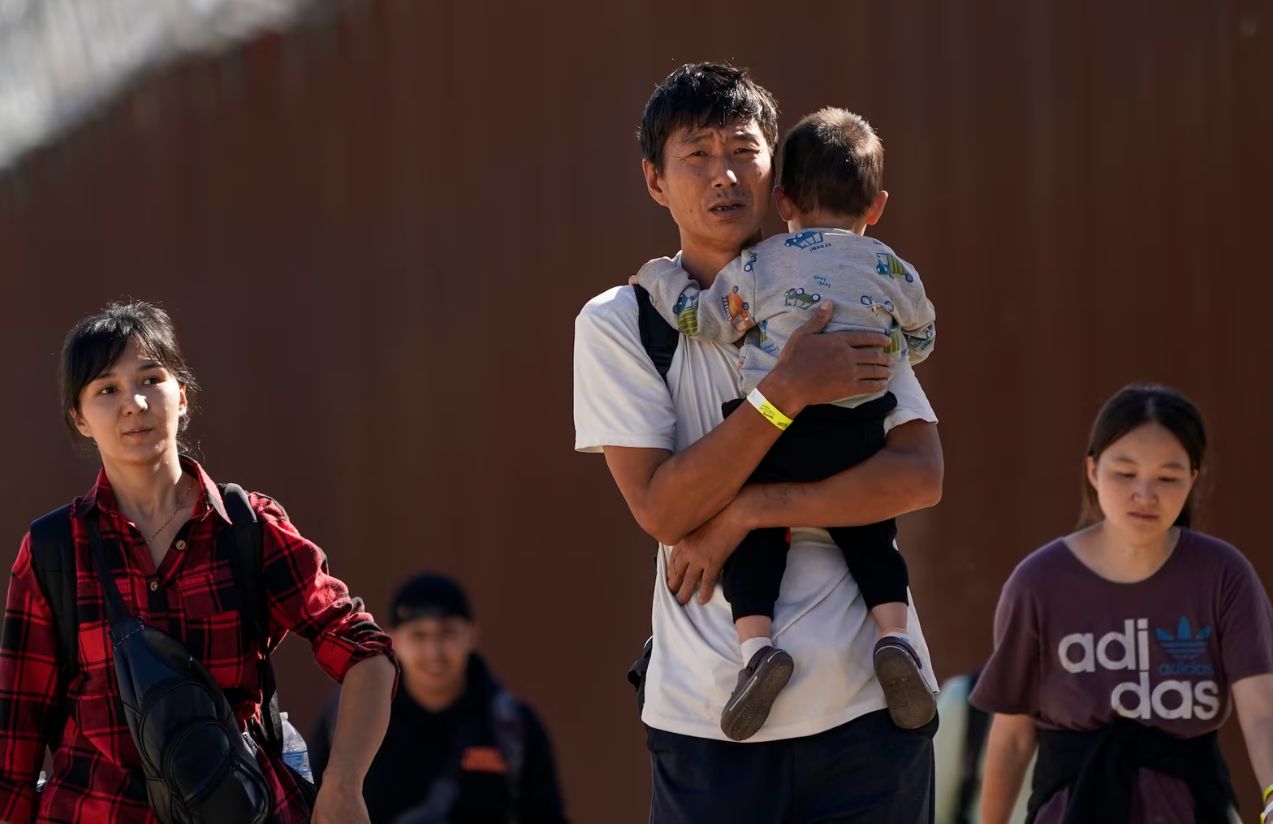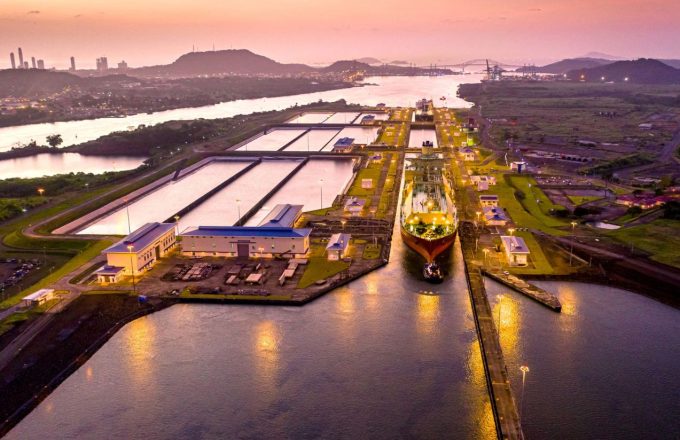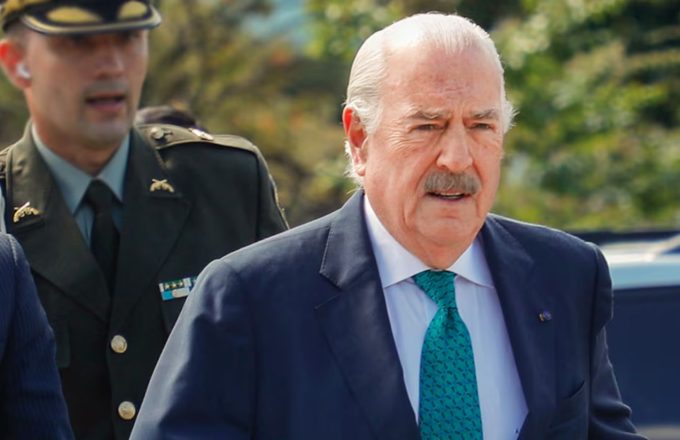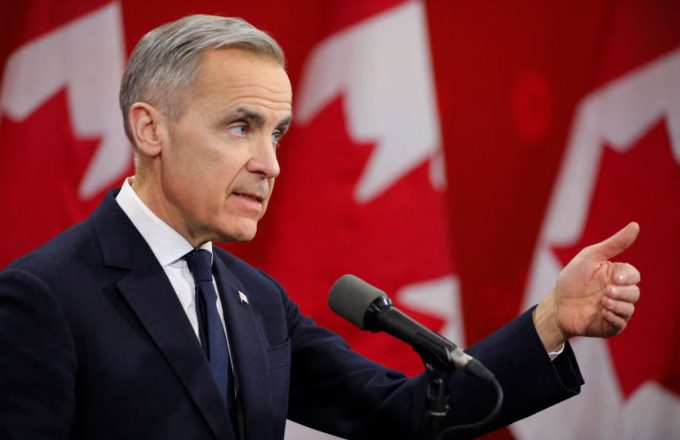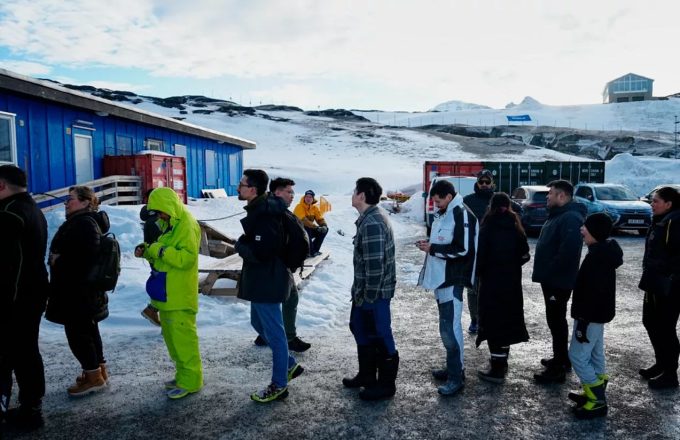The Trump administration deported migrants from several Asian countries to Panama on Wednesday night, according to officials from both nations. This action could signal an acceleration in the removal of migrants who have remained in the United States due to difficulties in being repatriated to their home countries.
The flight, operated by a military aircraft that took off from California, appears to be the first of its kind under the Trump administration. The deportation occurred shortly after Secretary of State Marco Rubio’s visit to Panama. Rubio has been under significant pressure from President Trump regarding the management of the Panama Canal.
More than 100 migrants were on board the plane, including family groups. They came from countries such as Afghanistan, China, Pakistan, and Uzbekistan—nations that the United States often struggles to deport citizens to.
Panama’s President, José Raúl Mulino, announced in a press conference on Thursday morning that 119 people of various nationalities had arrived the previous night on a U.S. Air Force flight, landing at an airport near Panama City.
Mulino explained that the migrants were initially housed in a local hotel and later transferred to a shelter in the Darién province, in the eastern part of the country, under the supervision of the International Organization for Migration. From there, he added, they would be repatriated to their respective countries.
“We hope to get them out of there as soon as possible through U.S.-operated flights,” Mulino said, adding, “This is yet another contribution Panama is making on the migration issue.”
The flight could mark the beginning of a new strategy in Trump’s efforts to carry out mass deportations of undocumented migrants. It also reflects the willingness of some Latin American countries, under diplomatic pressure, to cooperate with his administration. However, it raises concerns about the fate of migrants sent to countries where they may not speak the language or be familiar with the culture.
This week, the Panamanian government introduced a proposal to relocate certain newly arrived migrants to a small town at the end of the Darién Gap, a dangerous jungle in southern Panama, before repatriating them “by air or sea to their countries of origin.”
On Thursday, in response to media inquiries, President Mulino stated that at least two more U.S. Air Force flights are expected to bring a total of approximately 360 deported migrants to Panama. According to Mulino, the plan is to transfer them quickly to their home countries from Darién, in a process fully funded by the U.S. government. However, he did not specify when the next flights would arrive.
In recent years, migration at the U.S. southern border has changed significantly. Now, in addition to migrants from Mexico and Central America, there is a growing influx of people from a broader range of countries, including those that either refuse to accept deportation flights or do so only in limited cases.
The Trump administration has already secured commitments from El Salvador and Guatemala to accept migrants from other nationalities. U.S. officials have also indicated that similar agreements are being discussed with other countries.
However, critics warn that the U.S. may be sending migrants into dangerous conditions. El Salvador, for example, has been accused of widespread human rights violations in its detention facilities, while Guatemala has one of the highest violent crime rates in the world.


